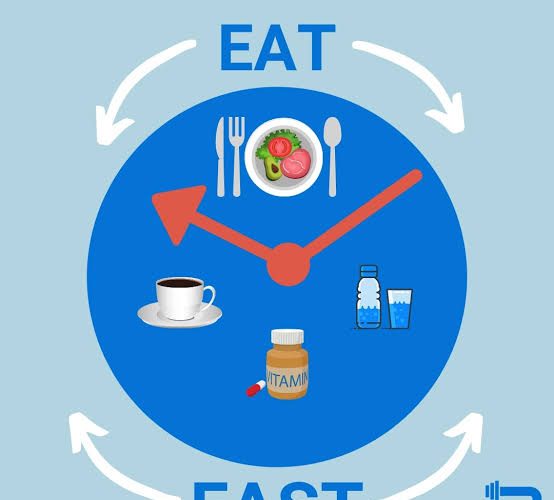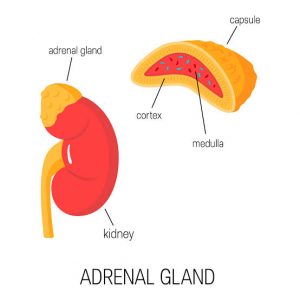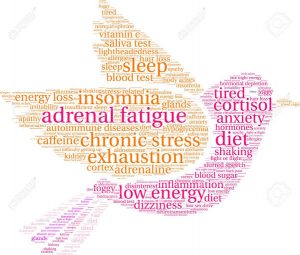 It seems like the trend now is fasting, we’ve come a long way in the nutrition space and there has been so many takes on how to lose weight or help with some chronic diseases.
It seems like the trend now is fasting, we’ve come a long way in the nutrition space and there has been so many takes on how to lose weight or help with some chronic diseases.
So the question is: will fasting help me lose weight, manage diabetes and other chronic diseases?
Absolutely! It would, but is it sustainable and convenient?
Is it suitable for everyone? What are the merits and demerits of fasting?
These are the questions we’ll love to use this article to answer, but before then;
WHAT IS INTERMITTENT FASTING?
Intermittent fasting, also known as intermittent energy restriction is any schedule for meals that involves a cycle between voluntary fasting and non-fasting periods. It can include an alternate day fasting, periodic fasting or daily time restricted fasting.
Apart from the religious type of fasting, there are 3 main types of intermittent fast:
– 5:2 Diet: this type of fasting involves that you fast for 2 days per week and you’ll be allowed to take 25% of your daily caloric needs, while you eat normally for 5 days.
– Alternate day fasting: you have to skip a day and eat the other day. So, you eat on Monday and skip Tuesday, eat Wednesday and skip Thursday, and it goes om like that. You’re still allowed to just 25% of your normal daily calories per day In this type of regimen.
– Time restricted fasting: this type involves fasting for 8-12 hours of the day and eating during the remaining time frame. For this, you are not restricted to having just 25% of your daily calories. Apart from the above mentioned, there is the warrior diet also.
IS INTERMITTENT FASTING REALLY EFFECTIVE?
A study found that participants consumed 35% fewer calories and lost an average of 7.7 pounds (3.5kg) after alternating between 36 hours of fasting and 12 hours of unlimited eating over 4 weeks. For some studies, there was not any significant weight loss between the fasting group and moderate calorie group
There are quite a number of side effects of intermittent fasting especially when it is abused and they include: extreme hunger pangs, lightheadedness, reduced concentration, fatigue and nausea. All these put together might just make the regimen to be effective only for a short time.
Furthermore, people might tend to eat more than required on days that they are free to eat would result to no weight loss.
CAN I TRY GOING ON AN INTERMITTENT FAST?
For some groups, intermittent fasting is advised at all, you can still achieve your health goal without having to do marathon fasts
If you have diabetes, on routine medication, pregnant or breastfeeding, you should not do intermittent fasting.
You really should not go on a long fast, or skip meals so you would lose weight or manage your blood sugar levels. The caveat is that when your body doesn’t take in any food, obviously calories would be depleted and other nutrients, thereby leading to a decrease in blood sugar, so it is not magical
You can stick to healthy and mindful eating and still achieve perfect glucose levels and still lose weight without any type of side effects, so why go on a regimen with side effects?
SOURCES
https://www.healthline.com/nutrition/intermittent-fasting-guide
https://www.ncbi.nlm.nih.gov/pmc/articles/PMC5959807/



